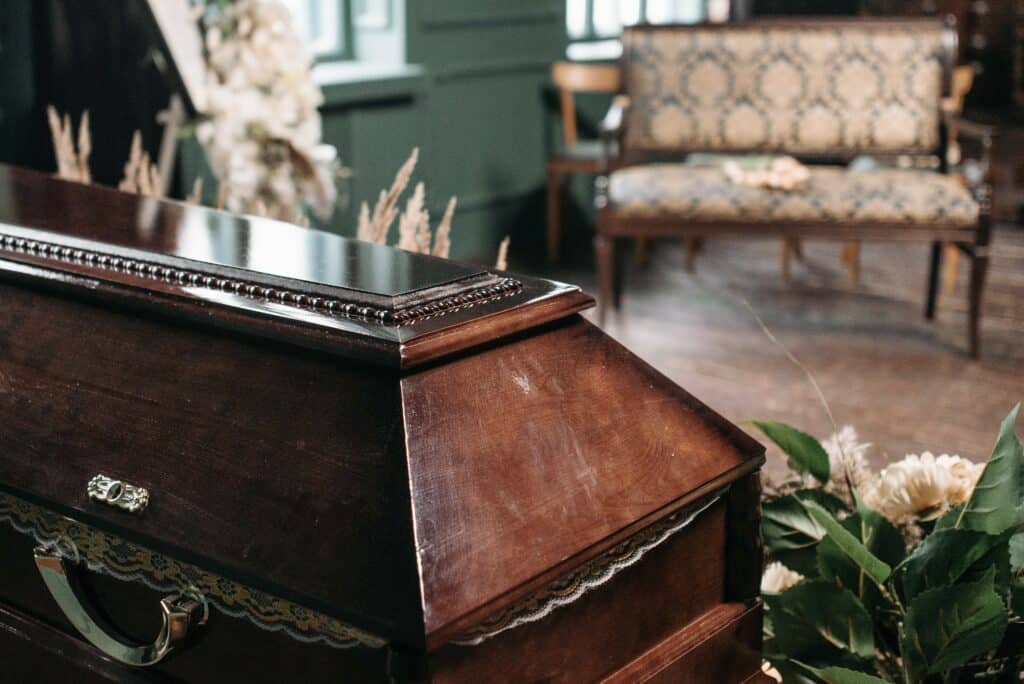The IRS defines a funeral trust as “a pooled income fund set up by a funeral home/cemetery to which a person transfers property to cover future funeral and burial costs.”
Funeral trusts are typically set up between three parties: a bank that holds the assets in the trust, you (the grantor), and the funeral home that will receive the funds to cover the cost of the funeral after your death.
Yahoo Life’s recent article, “Should You Prepay for Your Own Funeral as Part of Estate Planning?” explains that there are two types of funeral trusts: revocable and irrevocable.
Each type has benefits and drawbacks. In many cases, the drawback to a trust is if you haven’t put in enough to cover your funeral expenses and the amount in the trust is all that your estate has—your family will be responsible for the difference. An advantage of trusts is that, in some states, you can use them primarily for people who aren’t insurable because of extreme health conditions, old age, or imminent death.
If you set up a revocable funeral trust, then you retain control of your assets and can make changes to your terms, including dissolving the contract and getting most of your prepaid funds back. An Irrevocable funeral trust is an allowable expense to qualify for Medicaid and can be one way to spend-down assets.
Funerals can be expensive and often an unexpected expense for which grieving families are not fully prepared. A funeral trust can help families pay for these expenses, which may include:
- Embalming or cremation
- A casket, burial vault, or urn
- Dressing and casketing
- Clothing, makeup, and hairstyling
- A burial plot, headstone, and cemetery fees
- Fees for the visitation and funeral service
- Service charges for the funeral director and staff
- Fees for clergy and musicians
- Hearse and limousines
- Obituary and death certificate fees; and
- Stationery and flowers.
While discussing your death and end-of-life planning with your loved ones isn’t easy, knowing that you’ve eased the emotional and financial burden that funeral planning can entail in times of grief is worth it.
Reference: Yahoo Life (Feb. 17, 2022) “Should You Prepay for Your Own Funeral as Part of Estate Planning?”



